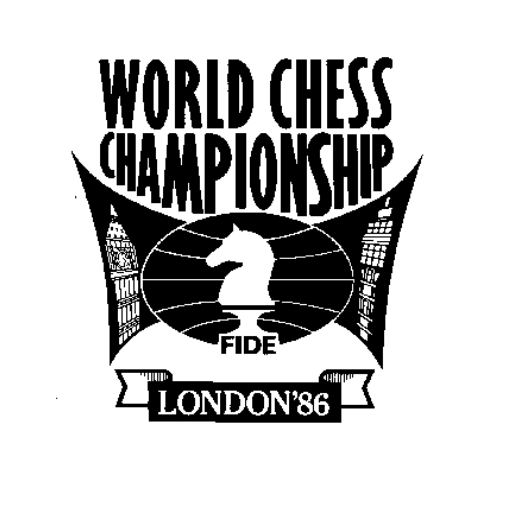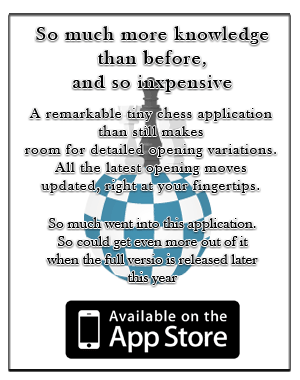A statement from TASS appeared on 25 January 1986:
The Chess Federation of the USSR, after detailed consideration of the forthcoming return match for the world championship, and on the basis of an agreement between world champion G. Kasparov and ex-champion A. Karpov, has taken the decision to address a request to FIDE to schedule the start of this return match for July or August. G. Kasparov and A. Karpov have considered the current complicated situation and wish to eliminate the differences of opinion that have arisen. They also wish to avoid any excessive measures being taken by FIDE in the absence of an agreement, and so have agreed that the match between them, envisaged by the 1985 FIDE Congress, will take place. Deferring the start date already laid down is essential to both players for the purpose of rest and recuperation after they have played 72 games with each other in two matches in the course of 14 months.
In the hope that their wishes wilt be met with sympathy by the FIDE leadership and by the whole chess world, the players consider that the match between the winner of the Candidates’ and the ex-champion can he played in February 1987, and the next world title match in July or August 1987.
G. Kasparov and A. Karpov have stated that neither of them will play a match with the winner of the Candidates until the return match between themselves is completed.
Having examined the bids for the return match submitted to them by FIDE, the players expressed the wish to play in Leningrad.
In his President’s Circular Letter No. 3, 1985/86 dated of February 25, 1986; FIDE published a statement by Florencio Campomanes, President of FIDE, Gary Kasparov, World Chess Champion, and Anatoly Karpov, ex-World Champion:
- The Return Match between World Chess Champion Gary Kasparov and ex-World Champion Anatoly Karpov will start between July and 4 August, 1986, the exact date to be fixed in consultation with the organizers.
- Since Graz FIDE Congress in 1985 had decided that future world championship matches should be organized by other federations, and whereas the players had expressed their wish to play in Leningrad, the Match shall be played in two parts, the first in London and the second in Leningrad.
- FIDE considers, however, that the Match will be a better match if it is played entirely in one place, therefore the Match could be played entirely in London after consultations with the British Chess Federation and the USSR Chess Federation.
During consultations in Moscow from January 7—9, I extended through the – USSR Chess Federation an invitation for World Champion Gary Kasparov and ex-World Champion Anatoly Karpov to come to Lucerne. In preliminary meetings in Lucerne during 24—28 January, I discussed with top PIDE and USSR officials (see footnote) the subject of the Return Match. On January 24, I had a meeting at Zurich Airport with a representative each of the British and USSR Chess Federations. – The statement above is the result of these consultations, discussions and meetings.
The new FIDE schedule for the Return Match will cause the extension of the 3-year cycle of 1982—1984 well into the 2—year cycle of 1985-86. Under the provision of the 3-year cycle, the World Championship Match (WCM) was held in the same year as the Zonal Championship of the following WCM Cycle. This practice will have to be continuing the time being by holding the WCM of the current cycle 1985—86 in the year when the Zonal competitions of the 1987—88 cycle are held. Only three players, however, are involved: the winner of the Candidates’ Final Match, the loser of the Return Match and the World Champion; the organization of the 1987 Zonal and Interzonal tournaments are not affected and shall be organized in accordance with regulations.
FIDE President concluded his letter with a strong message: “Let’s put the record straight after I have kept my peace for one year.
World Champion Gary Kasparov went from the signing of the above agreement to Barcelona to receive the award from a newspaper for the Best Sportsman of 1985. Those who had expected that our Lucerne talks would mellow the World Champion were disappointed, because the newspapers soon reported a press conference in which the World Champion “flaying the FIDE President.”
Despite contrary counsel from well—weaning friends of chess, I have kept my peace for one whole year in the interest of chess. Nor do I propose at this time to exchange polemics in public with the World Champion because I believe that his ingenuousness is being by others for their own purposes. Yet, now that the Return Match is agreed to, I have to correct statements attributed to him in press reports. The truth is in the public record, and I have asked the General Secretary to refer to these records so that the truth is not obscured by the unremitting attack that has been mounted against me and against FIDE in the past year for reasons that are becoming apparent to all.
In the Lucerne Press Conference Mr. Kasparov declared that he had never said he would not play the rematch and that he had been misunderstood on this question. I welcome the correction and I hope that more corrections will be forthcoming with reminders by the General Secretary.
Before the match L. Parr interviewed the very popular Boris Spassky for CLR.
“It’s very unclear who will win the Kasparov – Karpov match,” he began. “As the challenger, Karpov has the psychological advantage of having nothing to lose; but he also fears the strength of the younger man. Still, he wants to take revenge, and he’s happiest when be can be sadistic. Kasparov, on the other hand, sometimes uses the same methods as Karpov. Traditional moral norms are at an end, and it is a tragic time. It’s not pleasant but it is our times. These two would like to hit each other with the board, and there is absolutely open hatred between them.
When I played with Bobby Fischer, my opponent fought against organizations — the television producers and the match organizers. But he never fought against me personally. I lost to Bobby before the match because he was already stronger than I. He won normally.
Bobby believed from the beginning that he was being persecuted, and be wrote in Sports Illustrated [June 4, 1962] that the Russians cheated at the 1962 candidates’ tournament in Curacao. I think he was right! But he didn’t quit playing, and he remained a typical man of chess who loved it and who created for it. After he won the final game of our match, he spoke about playing in a 40-player tournament. He was enthusiastic — and then something happened. I don’t know what.
It was a tragedy for chess because Bobby in his best form was better than Karpov or Kasparov. He was an individual, and so was I. Today, these players have coaches, physicians, cooks, psychologists, parapsychologists. The championship has become a fight between two big collective farms.”
The revenge

In 1984 the British Chess Federation gave Ray Keene the task of bringing the world championship to England. The first bid failed but two years later a new bid of SFR. 1,800,000 backed by the Greater London Council was finally accepted.
The Centenary World Championship Match, 1986 was inaugurated by the British Prime Minister Mrs. Margaret Thatcher in the Park Lane Hotel, London where the first 12 games of this 24-game match were played. For the first time ever two Russian chess giants play each other in a world title match on foreign soil. Kasparov acquired a huge sympathy of the public when at the opening press conference he announced that he would donate his prize money- 350,000 sterling- to the victims of the Chernobyl disaster.



